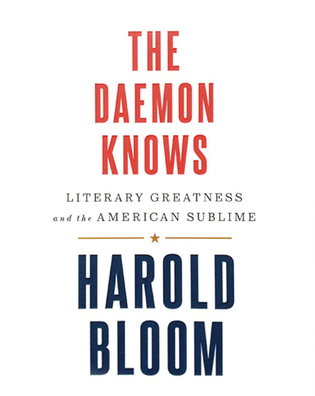 loading
loading
Arts & CultureReviews: September/October 2015New books by Harold Bloom, Fareed Zakaria, and Ann Packer.  View full imageThe Daemon Knows: Literary Greatness and the American Sublime Sylvia Brownrigg ’86, author of six books of fiction, is completing work on a sequel to her novel Pages for You. In it Bloom combines the best of his incantatory powers of interpretation with his famously encyclopedic knowledge to create an inspiring exploration of 12 elect writers who “represent our incessant effort to transcend the human,” on peculiarly American terms. Like a canny geographer, Bloom seeks to locate the daemon or creative genius in these authors, tracing their originality to its source. Literary genealogy remains at the heart of Bloom’s project, and he employs his method of looking back from the writer under investigation to the influences that shaped her, as well as forward to those she influenced. Bloom groups his 12 writers in pairs as a way to draw consonances and contrasts between them: he begins with “giants” Melville and Whitman, who “share a primacy among all our imaginative writers,” and continues on to link Emerson and Dickinson, Hawthorne and James, Twain and Frost, Stevens and Eliot, and finally Faulkner and Hart Crane—the latter a writer whom Bloom considers a personal “touchstone for judging and appreciating American poetry.” Emerson, in Bloom’s consideration, “may not have invented the American Sublime, yet he took eternal possession of it.” The other author he finds all but omnipresent in our literary imagination is Whitman. After a lifetime’s celebration of Whitman—Bloom was 84 at the time of writing—he feels comfortable referring to our national poet as Walt. This chumminess seems well earned by one of our nation’s great readers, as he chronicles his lifelong communion with these dozen geniuses of American literature.
|
|